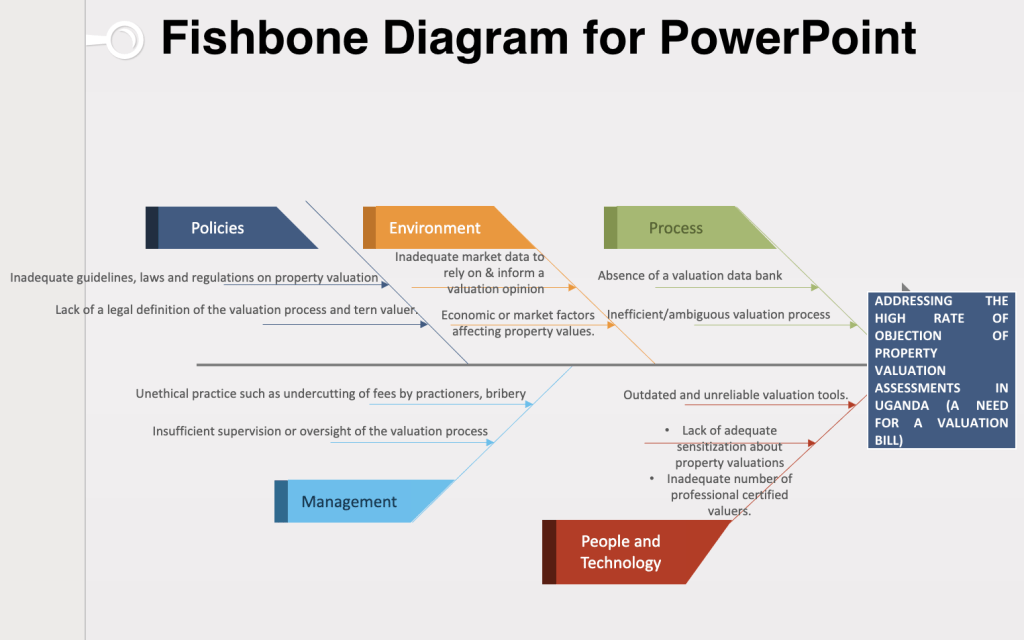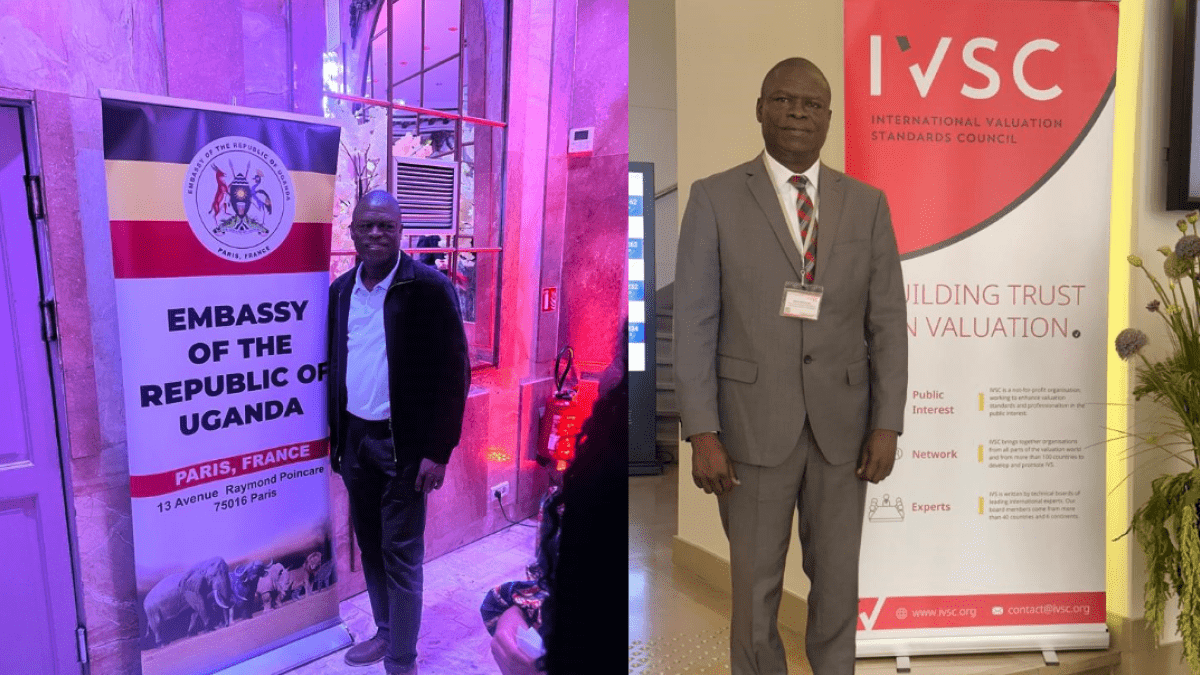Guest blog by Gilbert Kermundu, IPP’23
As I reflect on my journey through Implementing Public Policy (IPP) program, my challenge focused on the regulatory gaps in property valuation in Uganda. Despite existing legislative pieces like the Land Act Cap 227, Land Acquisition Act Cap 226 and the 1995 Constitution, a principal legislation addressing valuation practices is notably absent and this has contributed to inconsistencies and challenges with the valuation profession, hindering its effectiveness and potentially impacting property related decision making. As a result of this program, I am compelled to share the profound learnings and experiences that have shaped my understanding of the policy implementation process.
This program has equipped me with comprehensive understanding of the public policy implementation framework, emphasizing the importance of Problem-Driven Iterative Adaptation (PDIA). I learned that effective policy implementation requires a dynamic approach continually adapting strategies based on real-time feedback and addressing the underlying causes of implementation challenges. I also now see the value of continually reassessing and refining strategies based on feedback. ‘It is not about finding a one-size-fits-all solution but rather understanding the evolving nature of challenges and adapting interventions accordingly.’
Being the Chief Government Valuer of the Republic of Uganda for all these years (Ten years now) and witnessing all the loopholes in the valuation profession, I must say enrolling for this course was one of the best decisions ever made. Through the PDIA process, I have gained valuable insights into the complexities of the valuation profession. Collaborating with various stakeholders, I identified the need for a comprehensive legal framework. Progress has been made in recognizing the multifaceted nature of the issue and I must say I am very pleased to inform that Cabinet approved the valuation principles which is going to boost development of the solutions to it.
The knowledge gained from IPP is not confined to the course itself in that I am actively applying the PDIA principles to other problem areas, fostering a culture of adaptive implementation in my professional endeavors. This approach ensures that my interventions remain relevant and effective in dynamic environments. By applying the 4Ps (People, Perception, Projection and Process), my leadership skills have also greatly improved at work and home.
To my fellow PDIA practitioners worldwide, I call upon you all to embrace the messiness of policy implementation. Challenges are not roadblocks but rather opportunities for growth and improvement. PDIA encourages us to confront the complexities head-on, fostering a deeper understanding of the issues at hand.
As I conclude, my IPP journey has been transformative. Navigating the labyrinth of property valuation legislation in Uganda has not only highlighted the need for a comprehensive legal framework but has also instilled in me a newfound appreciation for adaptive problem-solving. As I carry these learnings forward, I am confident in my ability to contribute meaningfully to policy implementation, armed with tools and insights gained through this enriching experience.



This is a blog series written by the alumni of the Implementing Public Policy Executive Education Program at the Harvard Kennedy School. 47 Participants successfully completed this 7-month hybrid program in December 2023. These are their learning journey stories
